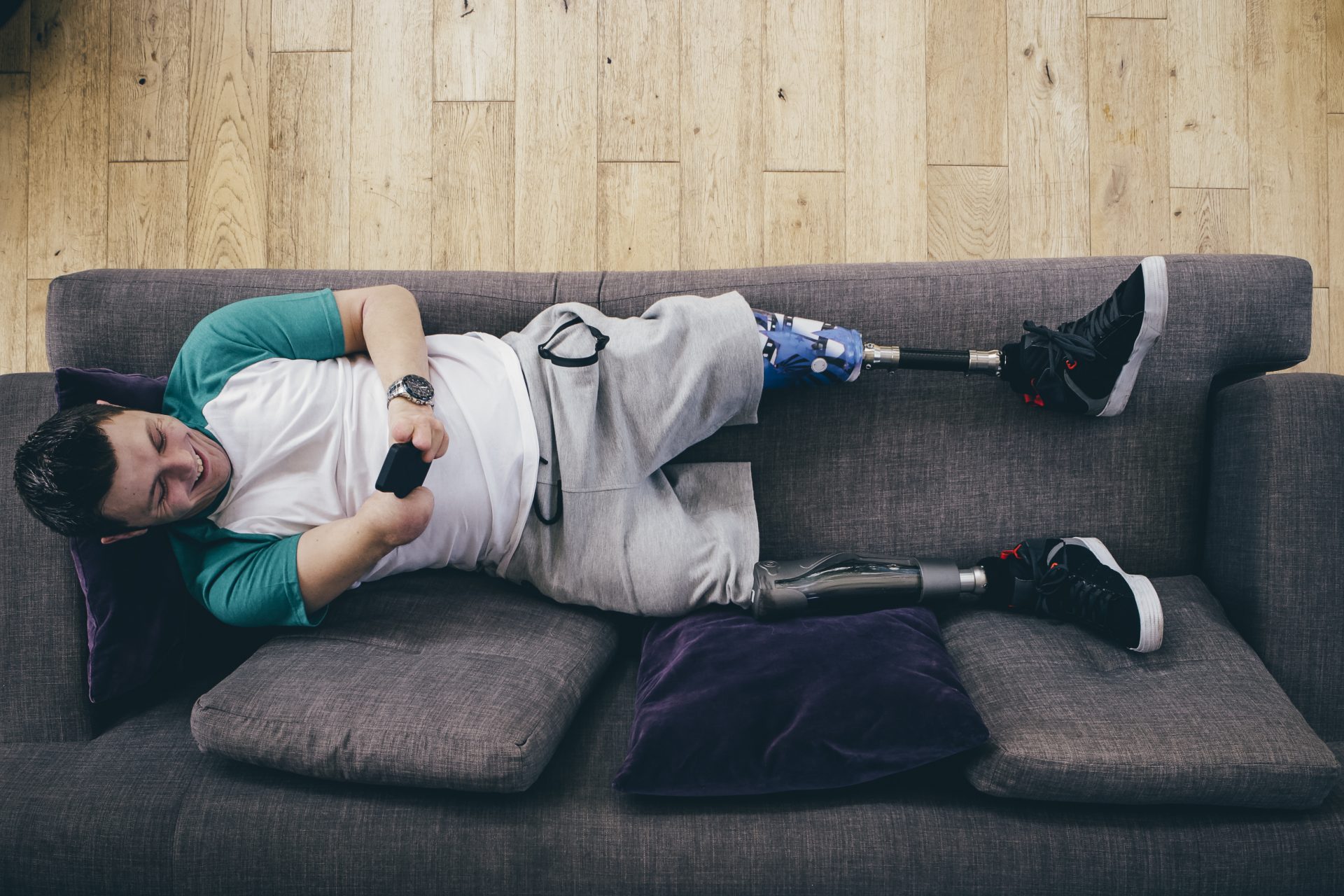
When you live with pain it is overwhelming. An important facet of your pain management is selfhelp through non medical techniques to reduce pain.
The following are some steps you can take to manage your pain. Remember everyone is an individual when it comes to pain and always see your doctor or physiotherapist before starting an exercise program.
Be you own advocate
When you are actively involved in your pain management it makes you feel in control, this can alleviate feelings of hopelessness. Stay informed and active in your care; if you are unhappy with your pain management seek other opinions.
When you are going to appointments ask questions about the proposed treatment and why your doctor has decided on this course of action.
Relaxation
Pain is stressful therefore stress reduction is a very important tool in managing chronic pain. Everyone has different preferences for relieving stress so choose what works for you. Many people like to meditate, others like to sit outdoors and watch nature. If you enjoy hobbies such as crafts or playing a musical instrument make time for them in your routine.
Exercise
Good fitness can alleviate pain. Of course you should not overdo it but try to incorporate exercise into your routine.
Exercises such as pilates and taichi also help you to relax while others have a social element such as gyms or ten pin bowling. Do not exercise too close to bedtime as it may keep you awake and always discuss your exercise plans with your doctor or physiotherapist.
Pleasure
Keep pleasurable interests in your life and try to laugh. Pleasurable activities do not need to be outside the home or cost money, a favourite TV show or playing with your pet are ways to have pleasure at home.
It may seem hard to keep humour in your life but laughter releases endorphins, the brain’s ‘feel good’ chemicals. Watching a good comedy routine can also distract you from your pain so think about what makes you laugh and seek it out, fo example many classic comedy programs are readily available on DVD and the internet.
Reaching out
A very important part of managing chronic pain is talking to other people about your experiences. You can join an amputee support group or a chronic pain group. You could get together with other people living with chronic pain in your community informally and share your experiences.
While community involvement helps you it also helps others and you can feel better knowing that you are making a difference to somebody else’s life. If you are mobile think about reaching out to those who are not able to leave their house. If leaving the house is difficult or you live in a remote area the internet has many online support groups that may be of interest to you or you could start your own online group.
Rest
Pain is worse when you are fatigued but good, restorative sleep is very difficult when you are in pain. Look into ways to help you sleep such as cutting down caffeine, adjusting your sleeping positions, eliminating light or noise, having a suitable mattress and pillow and keeping the bedroom cool. Try to wake up at the same time everyday and do something relaxing before bed such as drinking herbal tea.
When we are anxious we tend to lay awake going over our worries. If you find yourself in the situation of worrying instead of sleeping see your doctor as anxiety treatments are available.
Some medications may cause insomnia as a side effect. If you think a medication is causing problems for your sleep schedule discuss the issue with your doctor.

